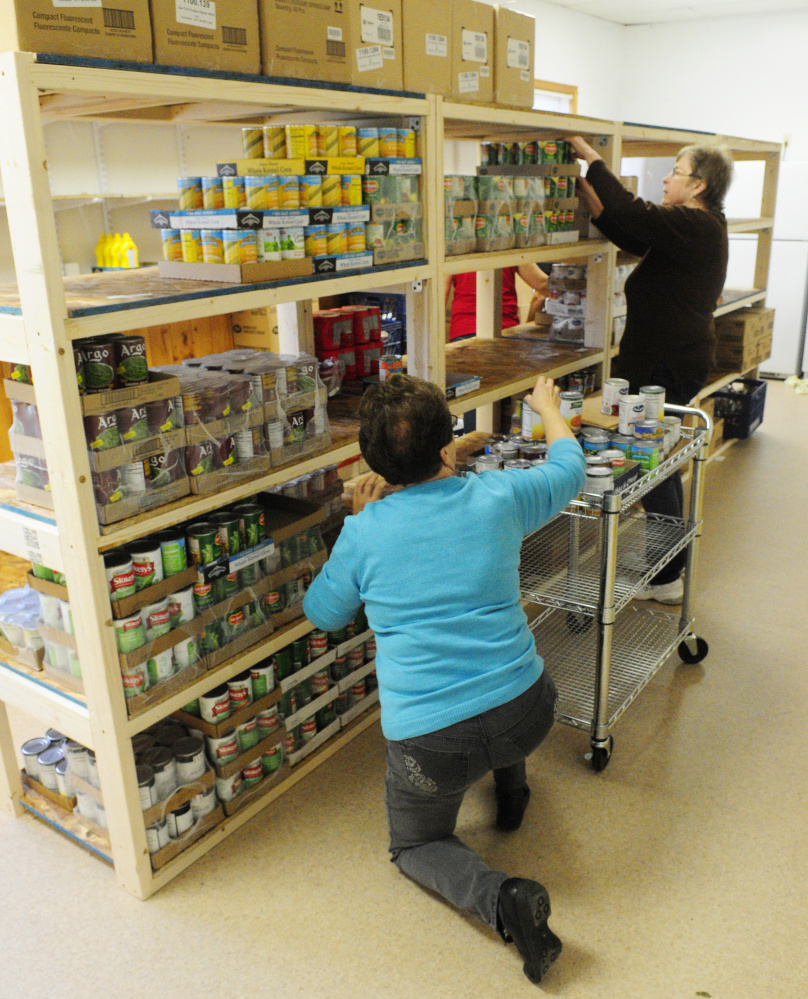Kennebec County has been awarded nearly $50,000 in federal funding as part of an emergency preparedness program.
The county was chosen to receive $49,426 to supplement emergency food and shelter programs, according to a news release Tuesday from the United Way of Mid-Maine. A process in July will determine the exact amount awarded to local agencies.
“At a time when most food pantries and food cupboards in Maine are reporting an increase in demand in their communities, it is a relief to have some funding to help support vulnerable residents of Kennebec County who are struggling with what is being politely called food insecurity,” Elizabeth Barron, president and CEO of United Way of Mid-Maine, said in an email. “Groups that receive this funding may not even be able to exist without it.”
The money is being made available through the U.S. Department of Homeland Security and Federal Emergency Management Agency under the Emergency Food and Shelter National Board program.
Locally, a board made up of the United Way of Mid-Maine, the American Red Cross United Valley Chapter and the Mid-Maine Homeless Shelter, among other groups, will determine how to best use the funds in Kennebec County, the release said.
The funds will be distributed among the emergency food and shelter programs run by local service agencies in the area, said Jamie Sayers, fundraising and marketing manager for the United Way of Mid-Maine and the local board chairwoman.
During the last round of funding, from September 2014 through November 2015, $51,830 was handed out to groups, including the Rural Community Action Ministry.
Barron said that funding, combined with donations of food and money, allowed the group to keep food on hand to help meet the needs of 400 people per month, on average, in rural Kennebec County.
The Belgrade/Rome Special Needs Food Pantry uses money from this program to buy eggs, margarine, cheese, bread, milk and meat. The food pantry serves an estimated 100 people a month. In Waterville, the St. Francis Soup Kitchen used the money to help buy food for the 225 people it serves a month.
In order to receive money, local agencies must be private, volunteer nonprofits or units of government; be eligible to receive federal funds; have an accounting system; practice nondiscrimination; have demonstrated the capability to deliver emergency food and/or shelter programs; and, if they are private, volunteer organizations, have volunteer boards.
Jason Pafundi — 621-5663
Twitter: @jasonpafundiKJ
Send questions/comments to the editors.




Comments are no longer available on this story